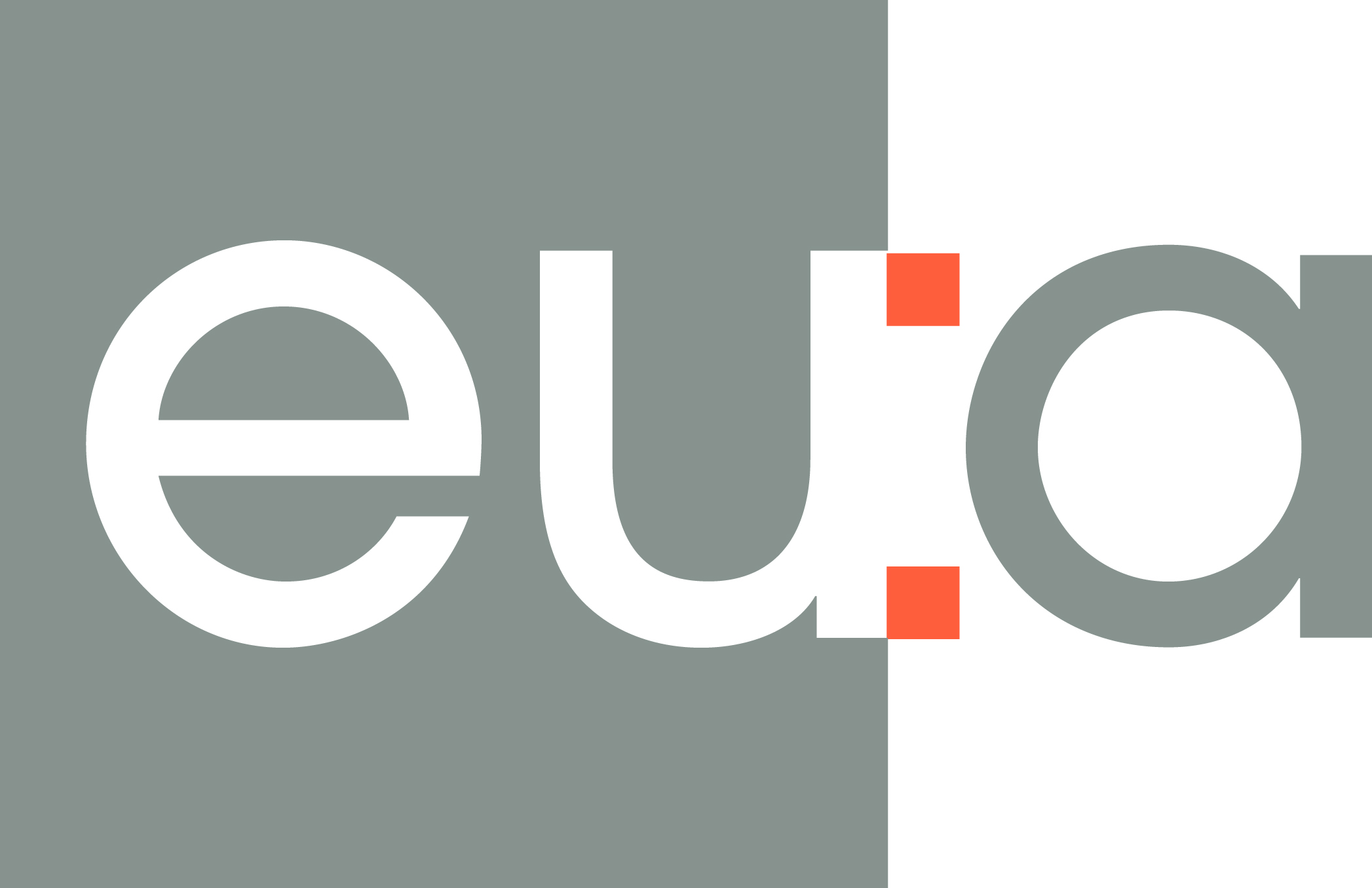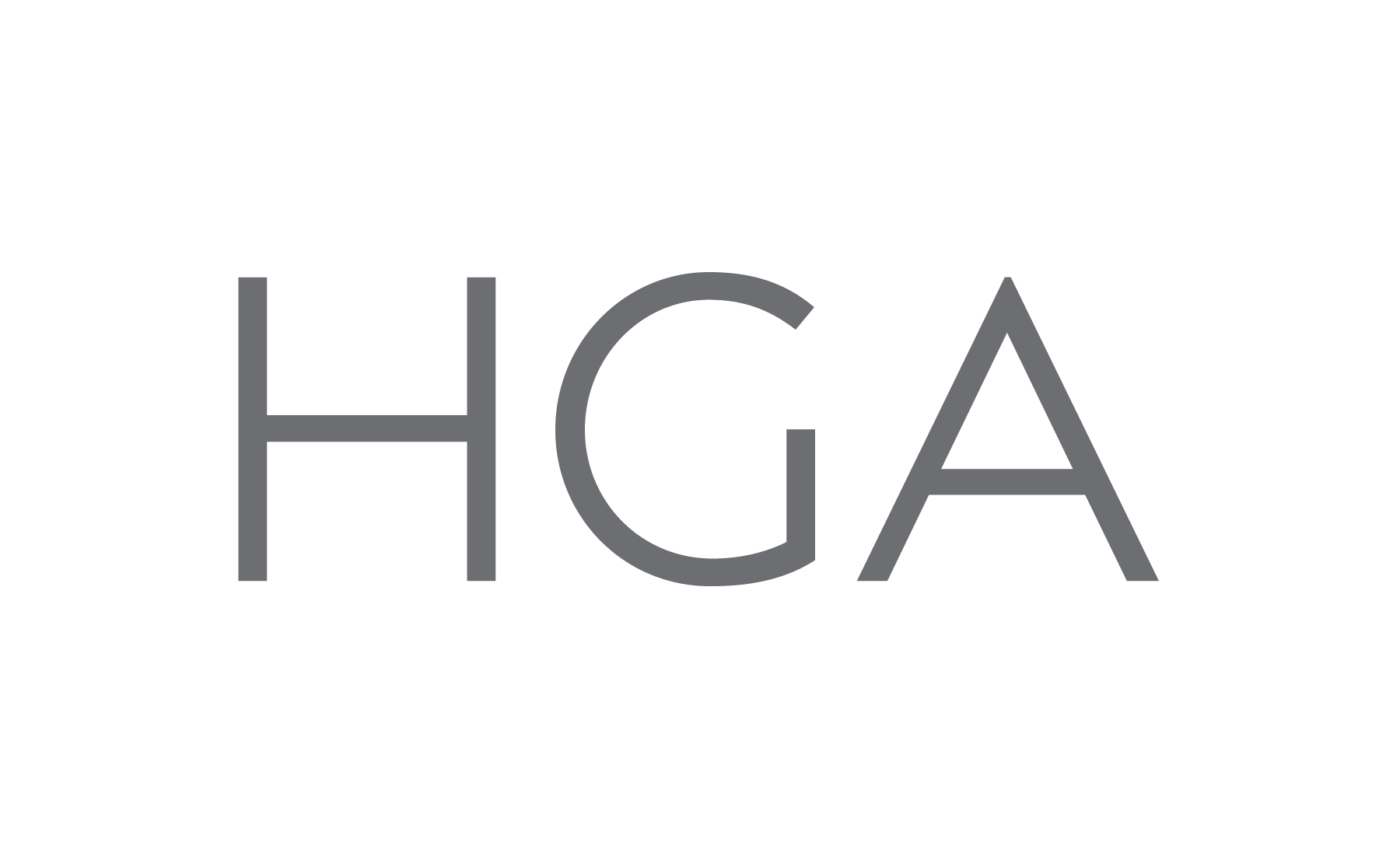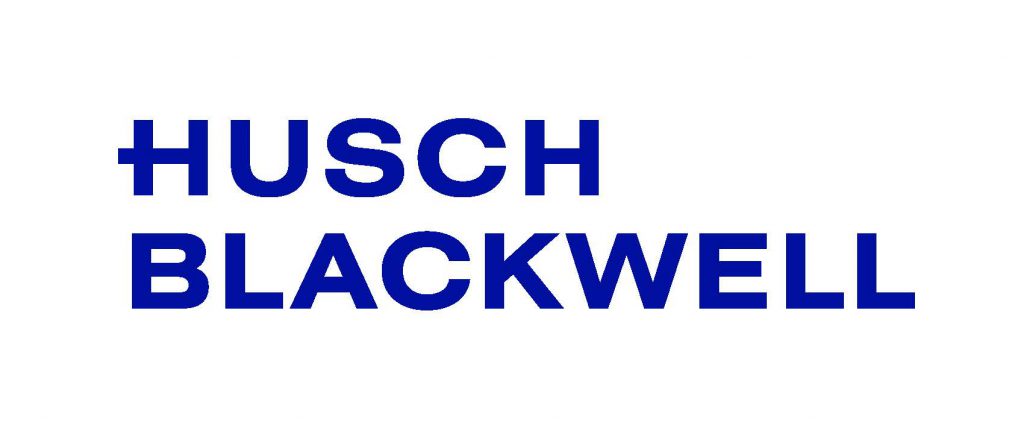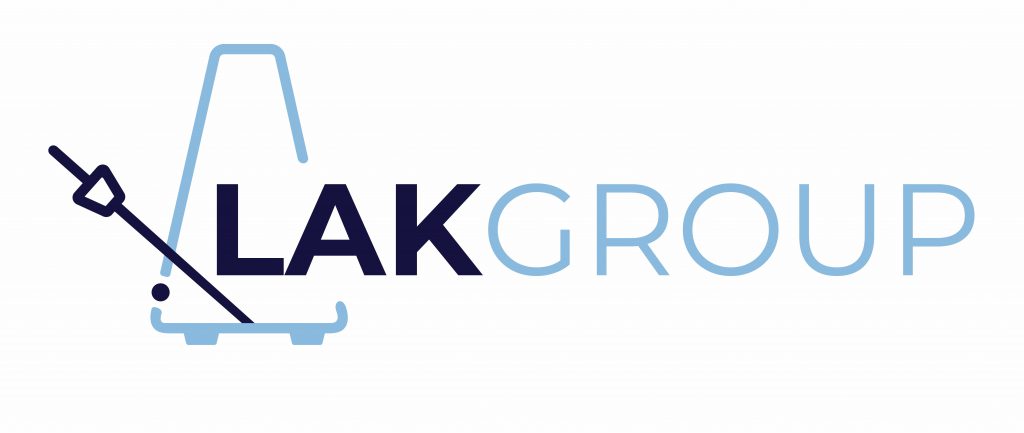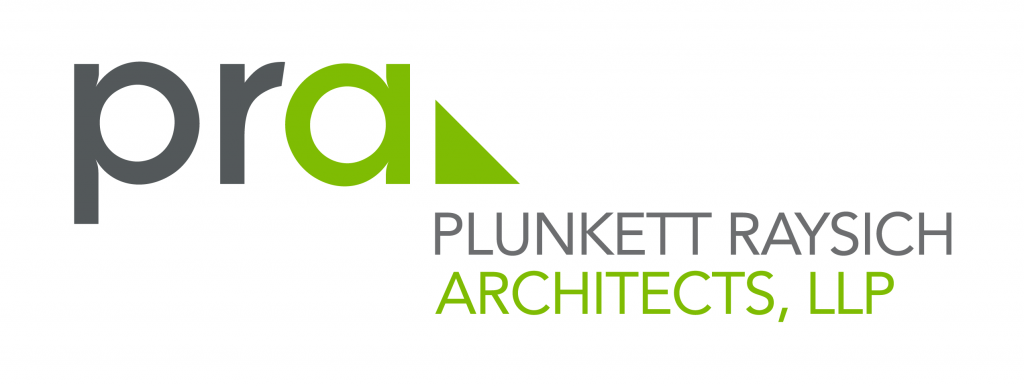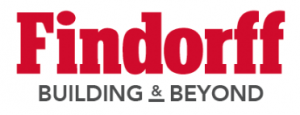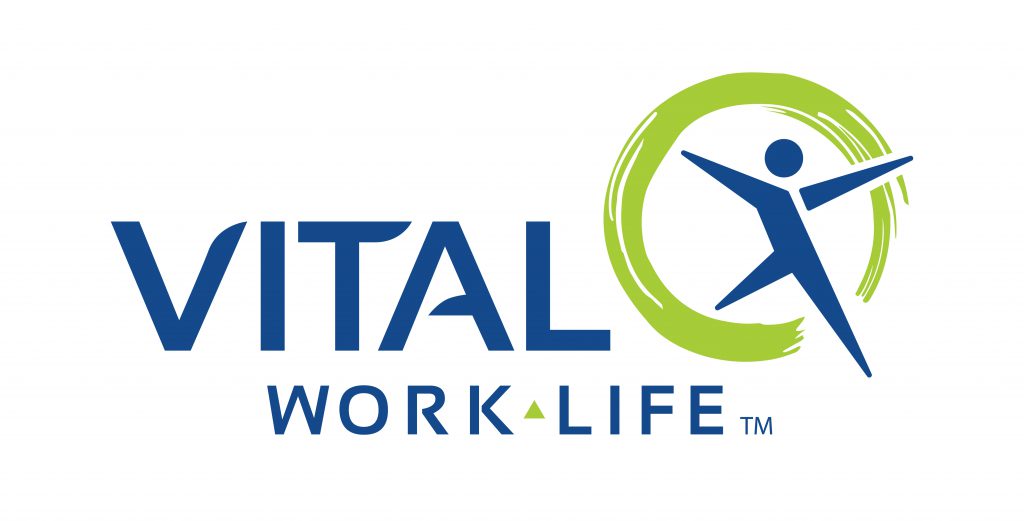The American College of Healthcare Executives (ACHE) Wisconsin Chapter Leadership Development Program (LDP) capped off its 9th cohort year with Site Visits at Fort Memorial Hospital in Fort Atkinson and SSM Health St. Mary’s Hospital in Janesville on February 8, 2019.
The day began with a Introduction to Fort HealthCare, by co-host and cohort member Carl Selvick, Senior Director Clinic Operations. This was followed by an overview of Quality initiatives, with Connie Gilkey, Director-Quality and Integrated Care; and Marie Wiesmann, Vice President-Nursing Services/Chief Nursing Officer. Chris Barron, Executive Director of Executive Population Health and Clinical Services then shared an overview of approaches to Population Health.
Michael Wallace, FACHE, President and CEO of Fort HealthCare led a discussion on successful Leadership strategies, and joined the group in meaningful conversation over lunch.
The group then traveled to continue the day with leaders from SSM Health at St. Mary’s Hospital in Janesville, co-hosted by cohort member Aaron Budd.
Augustine Duru, SSM Health-WI Regional Director of Mission Integration kicked off the afternoon with a warm Welcome and History of SSM Health.
Damond Boatwright, FACHE, SSM Health-WI Regional President of Operations, engaged the group in inspiring and thoughtful reflection while providing an Overview of SSM Health WI.
A Panel Discussion on Matrixed Organizations followed, with interactive conversations led by Ben Layman, President at SSM Health St. Mary’s Hospital – Janesville; David Docherty, Vice President/Chief Growth Officer at SSM Health Dean Health Plan; Kayla Murphy, HR Leader at SSM Health St. Mary’s Hospital – Janesville; and Rhonda Kosharek, Clinical Manager at SSM Health Dean Medical Group.
The group then headed to Sidelines, Janesville for a networking social to wrap up the cohort year along with mentees from the Future Healthcare Executives student group at the University of Wisconsin-Milwaukee.
Thank you to all who participated in making this day an exceptional experience, and supporting our ACHE-WI Leadership Development Program with Cohort IX this past year!
LDP Cohort IX Site Visit at Fort Memorial Hospital, Fort HealthCare, Fort Atkinson
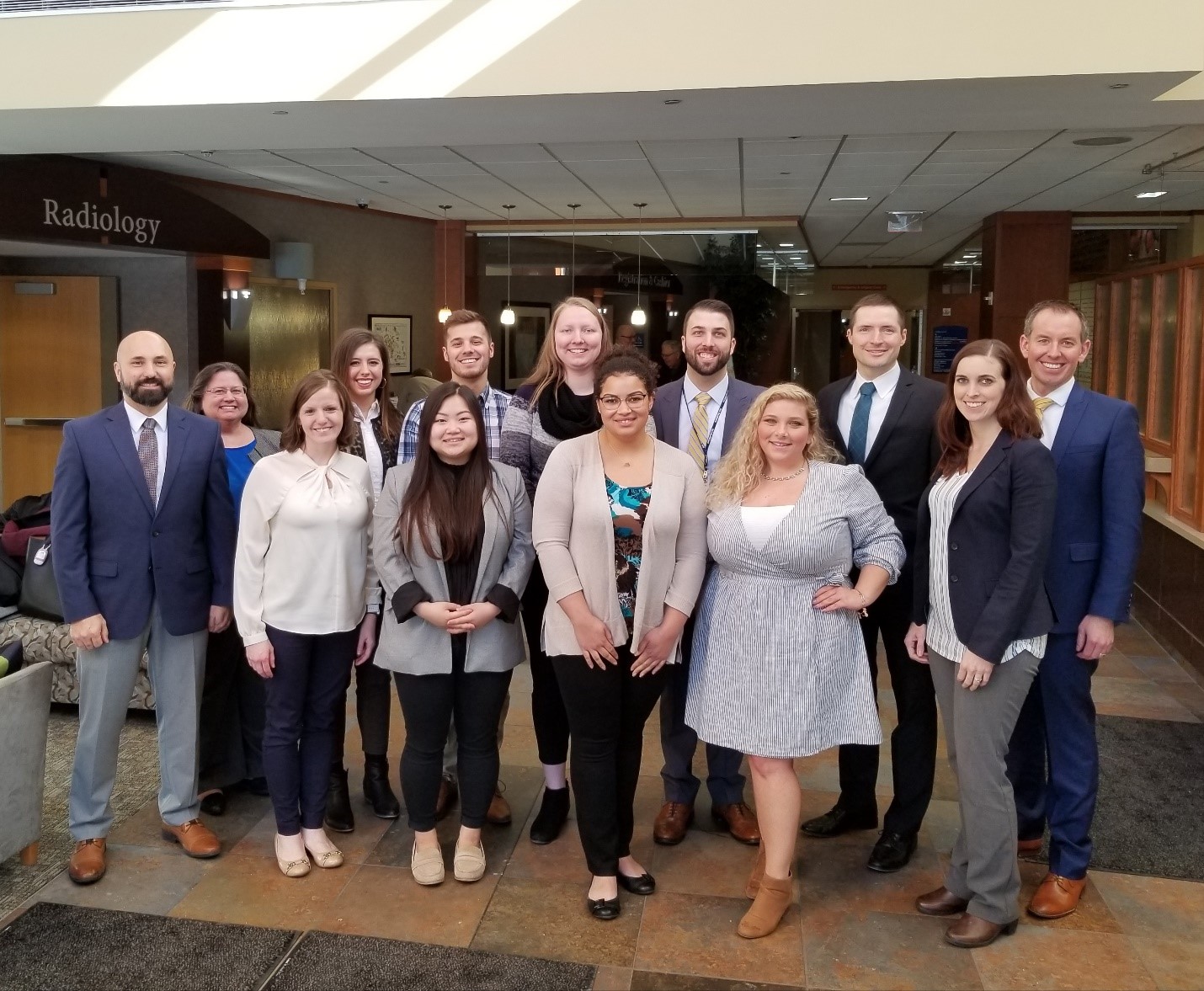
Pictured (front row, from left): BJ Brenna, Rachel Cabelka, Kaosheng April Thao, Claudette Ingold, Anna Johannes, Tracy Keenan; (back row, from left): Kathleen Olewinski, Kaitlyn Steinhilber, Jason Homer, Shelby Edl, Carl Selvick, Luke Belter, Brian Michalski.
LDP Cohort IX Site Visit at SSM Health St. Mary’s Hospital in Janesville
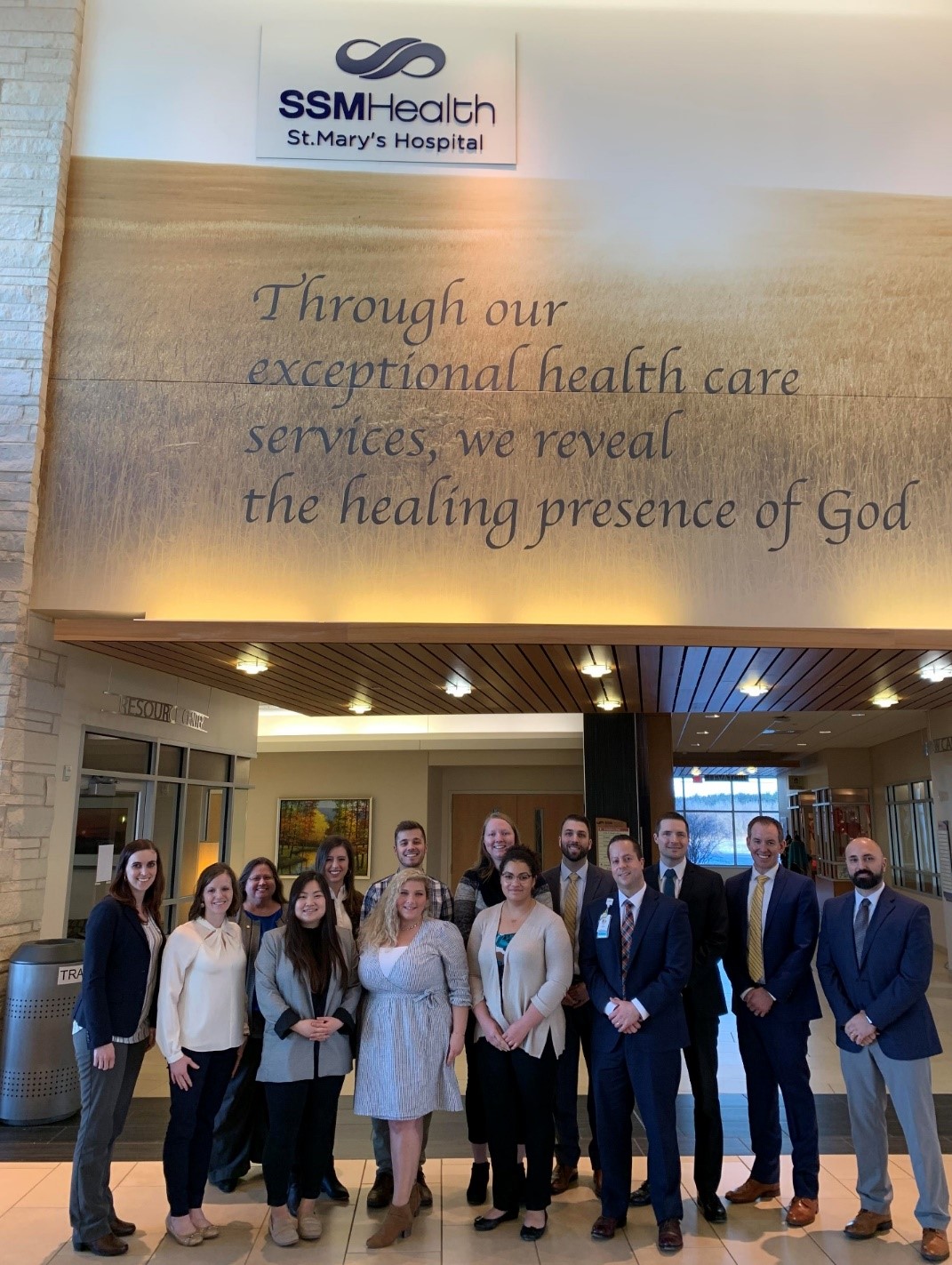
Pictured (front row, from left): Tracy Keenan, Rachel Cabelka, Kaosheng April Thao, Anna Johannes, Claudette Ingold, Aaron Budd; (back row, from left): Kathleen Olewinski, Kaitlyn Steinhilber, Jason Homer, Shelby Edl, Carl Selvick, Luke Belter, Brian Michalski; BJ Brenna.


